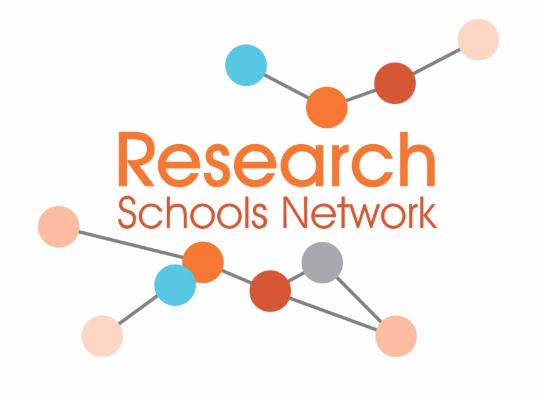Recently, I delivered training to two groups of Primary teaching assistants on use, modelling development of explicit metacognitive thinking strategies while supporting children. As the EEF guidance report on metacognition and self regulated learning describes, there is a clear link between the ability to plan and adapt an approach to a task, and the internal emotional monitoring that must take place in order for children to concentrate and have the confidence to attempt classroom tasks.
The session began with displaying three logic problems on the board. The adults in the room were asked to simply look at them and monitor their social and emotional awareness as they interacted with the problems. I wanted the adults to be reminded of the familiar experience of attending training and being presented with a challenge which required some prior knowledge but was untypical of the sorts of thinking they would do every day.
Sensations, thoughts and behaviours such as listening to the conversations of others, scanning faces and body language to try and ascertain whether others had answers already, self consciousness, sense checking, and reluctance to answer straight away, even fear of embarrassment if the answer was wrong were among the responses recorded when they were asked to share the things they had noticed when monitoring their emotional responses.
Learning behaviours and teaching assistants in the primary classroom: So what?
Publication Source

